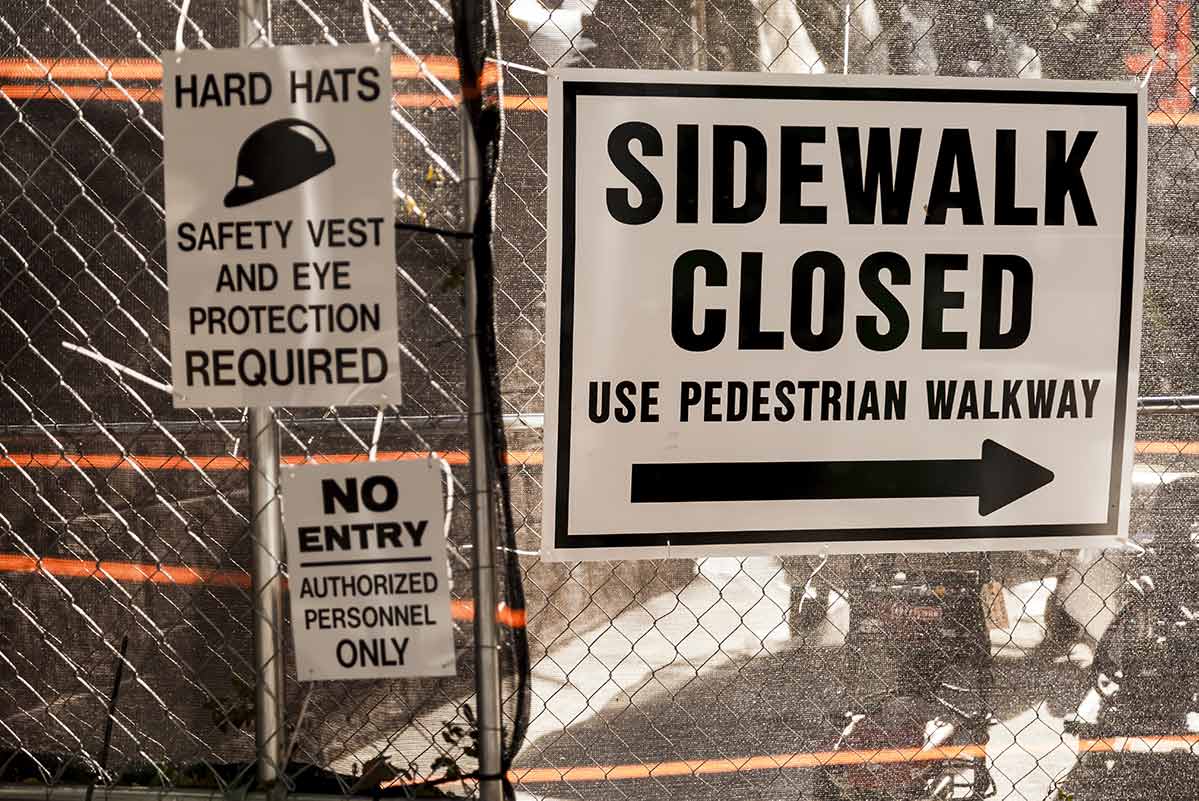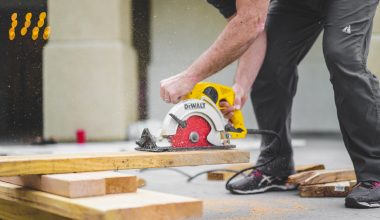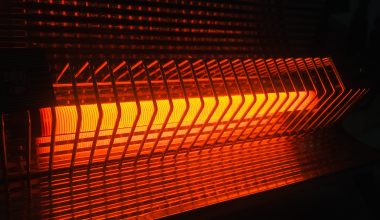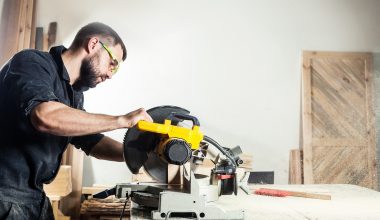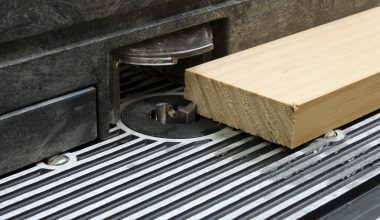Even though many people agree safety glasses are important, it’s amazing how often there is confusion about when you should wear them. The simple truth is, if you think you need them, then you should be wearing them. In this article we’ll go through some of the obvious times you should wear them, and what the law says.
At Work
OSHA
The Occupational Safety and Health Administration, or OSHA, is a department within the US Department of Labor. It is responsible for ensuring workplace safety, and tasked with reducing the number of accidents at work in the US.
Under the OSH laws which empower OSHA, it is the employer’s responsibility to identify risks in the workplace and ensure the safety of all employees. They must assess the risks of the workplace and decide how to prevent injuries. Training and education is also required, to ensure workers understand the risks and how to use safety equipment.
High Risk Occupations
Some of the highest risk occupations include manufacturing, construction, and shipyard work. To help employers assess the specific risks to vision, they have published specific guidance for these industries.
Generally, occupations that involve flying particles and debris, chemicals, and radiation are considered to be among the riskiest. For work that involves any one of these categories, safety glasses and other PPE are a requirement.
Safety glasses are also very important for healthcare workers. Any situations that involve infectious fluids or diseases present a risk. It’s incredibly easy for unwanted substances to enter the body through the relatively porous membranes of the eye.
Home & Recreation
While workplace safety is hugely important, 44% of eye injuries actually occur in the home. There aren’t any laws which require protective equipment to be worn while operating machinery in a private setting. So the responsibility falls on equipment owners to understand the risks involved with each machine. In this section, we’ll discuss when we believe safety glasses should be worn.
In the Workshop
Whenever you operate any workshop equipment, we strongly recommend wearing safety glasses. This is especially true when operating power tools, as dust and flying debris can easily strike you in the eye.
There are also a number of other reasons to wear safety glasses that don’t necessarily involve power tools. One such example is working underneath a vehicle, where dirt and rust can easily fall into your eyes. If it’s ever happened to you, you’ll know how painful it can be.
Whenever you’re handling paint or any other chemicals, eye protection is also a good idea. It’s very easy for paint to splash, and flicks from a brush or a roller can easily get into your eye.
In the Yard
When you’re working in the yard, especially with power tools, eye protection is also a good idea. With equipment such as chainsaws, weed whackers and leaf blowers we’d even take it a step further, and suggest you wear a full-face mask. Debris flies away from all these machines at high speed, and could easily cause eye damage as well and injuries to other areas of you face.
Chemicals also play a role in the yard, with products like weed killers. These can be toxic or irritants if you get them in your eye, so again we recommend safety glasses. When spraying weed killer, it’s surprisingly easy for a gust of wind to blow spray back into your face.
Sports
Eye protection is becoming more and more important in sports, and eye injuries have sadly become more common. High quality safety glasses are common in squash, but are increasingly used in less obvious sports such as mountain and road cycling.
Fireworks
Every year, thousands of people injure themselves handling fireworks, and very often lose their sight. When a firework doesn’t appear to be detonating, owners look into it, only to have it go off in their face.
You should always, always wear eye protection when handling fireworks. Scars are terrible, but at least your skin can heal. Eye damage is often permanent, so if in doubt, wear a pair of safety glasses!
